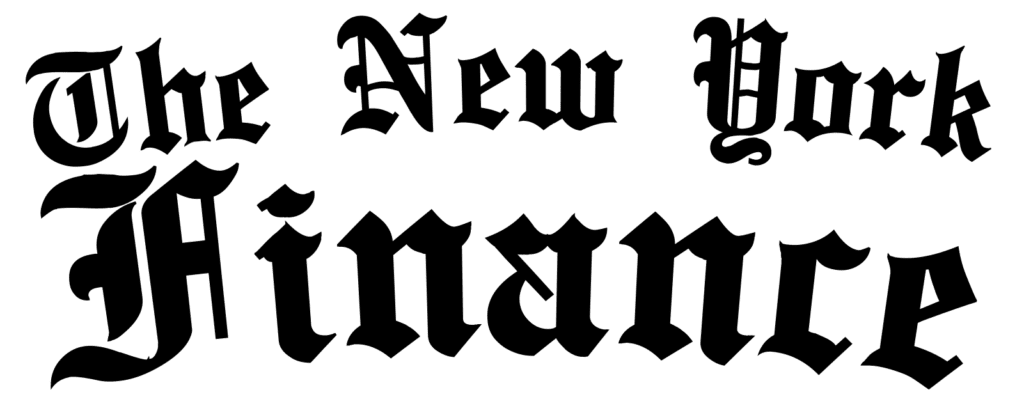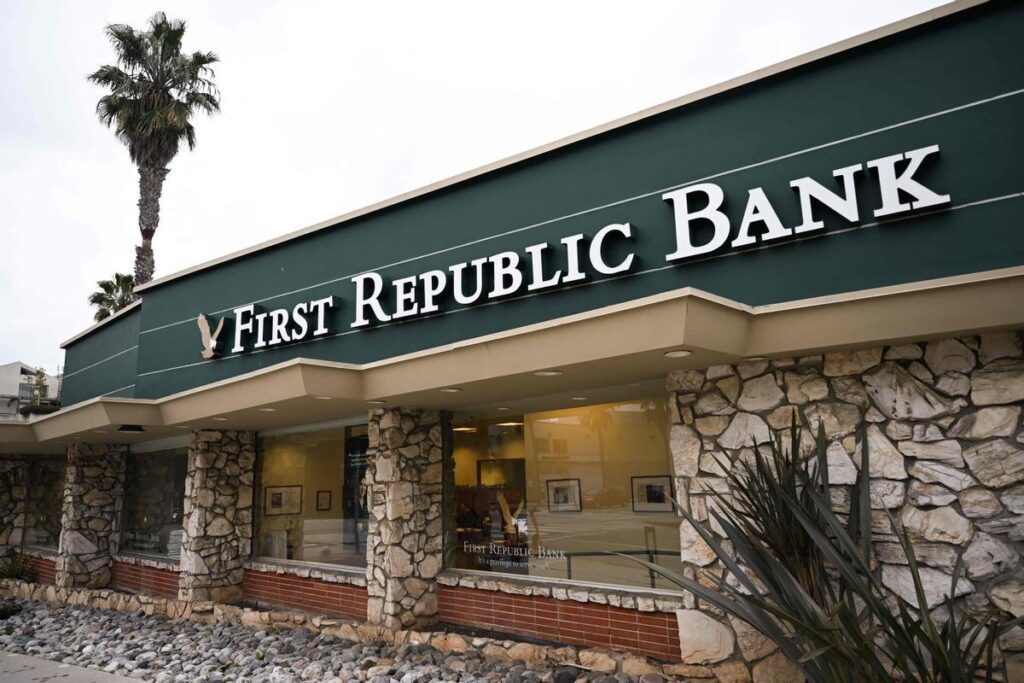The bank, which was saved from possible collapse by a $30bn cash injection agreed by major lenders, saw its stock drop by up to 29% at the market open on Tuesday.
They closed almost 50% lower, leaving its market value 93% lower in the year to date below $3bn.
It followed the release of its first quarter earnings report that revealed the extent of the challenge it faced to recover the business.
First Republic said the withdrawals, which amounted to more than half its pre-crisis deposit total, had cooled since the rescue cash was announced.
But financial market analysts said the amount had revived fears that First Republic could become the third US bank to fail after the collapse of Silicon Valley Bank and Signature Bank.
The crisis of confidence also saw Switzerland’s Credit Suisse, which endured a £55bn deposit outflow, forced to merge with rival UBS.
The saga was largely born out of concerns that rising interest rates imposed by central banks to tackle inflation had damaged their balance sheets.
San Francisco-based First Republic said it would move to shrink its balance sheet.
Bloomberg News reported that the bank was exploring asset sales of up to $100bn.
Executive pay cuts, First Republic said, would be followed by thousands of job losses to be completed by the end of June.
The bank said it expected to axe between 20%-25% of its workforce, which was reported at 7,200 at the end of last year.
Its results statement did little to support shares of other US regional lenders, with some seeing shares down by more than 5%.












